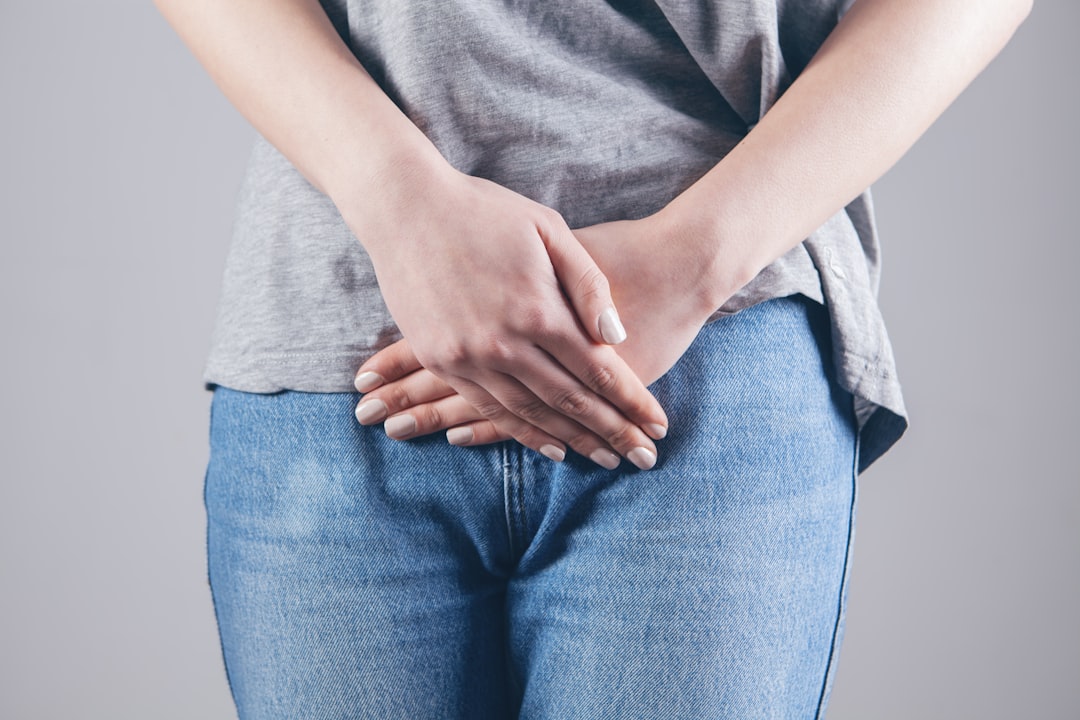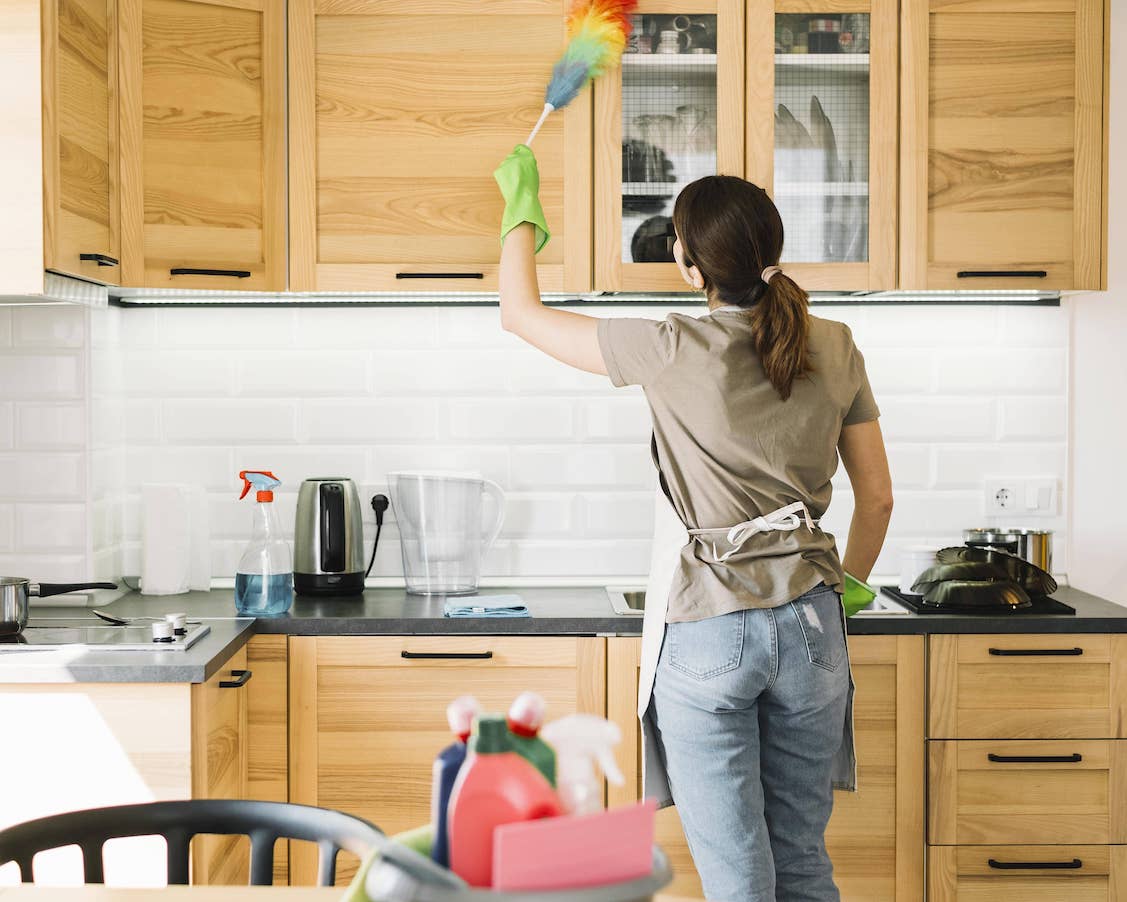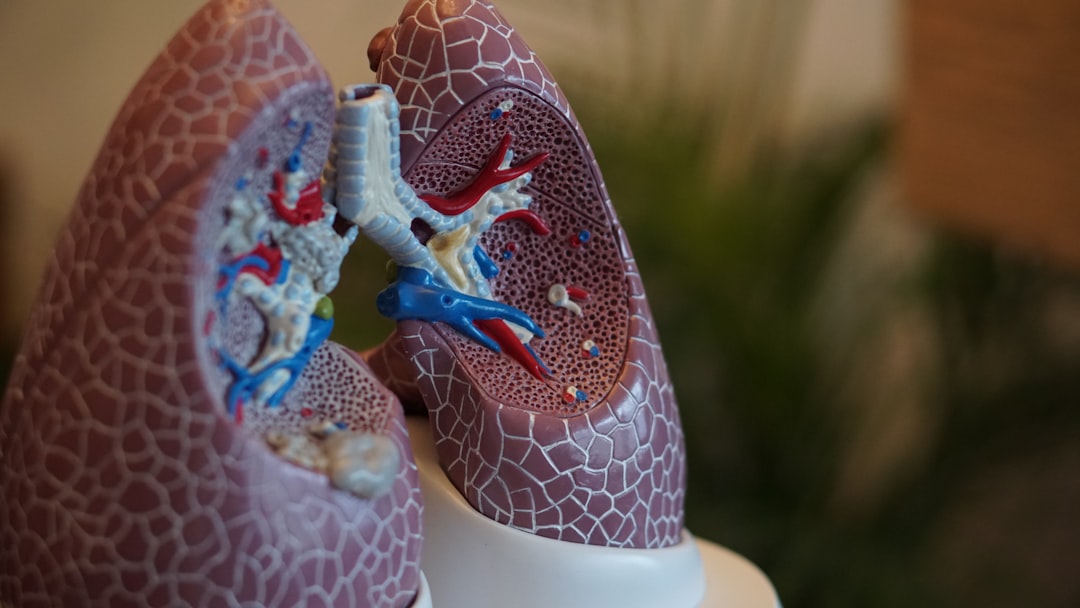What’s with all the “Gut Health” hype?

Photo by Sasun Bughdaryan on Unsplash
You may have been hearing a lot about the concept of gut health lately, and no, we’re not talking about just farts. We’re talking about the 100 trillion little tiny microorganisms that dwell inside of your small and large intestines.
Actually, all that dwells in your intestines are made up of 10% human cells and 90% microbes.
Hippocrates, who’s known today as the father of modern medicine, said almost 2,000 years ago that “all disease begins in the gut.” Well, not quite all diseases start there, but many of them, including some surprising conditions, do begin in your own guts, according to modern scientific research.
Take obesity, for example, a growing epidemic all over the world that has been linked to conditions such as heart disease and type II diabetes. Historically, obesity was associated simply with energy intake being greater than energy output (lots of fast food, low physical activity level). However, a growing body of evidence is realizing the role the microbial community plays in fat mass development, insulin resistance, and low-grade inflammation. (I’ll get more into that in a bit).
In this article, I’ll go over what exactly your gut flora is, various conditions that are associated with gut health (including prevailing mental health issues such as stress, anxiety, and depression), and how you can take back your gut health.
First, more on your "gut microbiome" or "gut microbiota"…
We all have a massively diverse array of bacteria living inside of us. As I said before, your intestines have somewhere around 100 trillion tiny microorganisms living inside of them, a diverse, independent ecosystem that plays a vital role in your health and wellbeing.
In the 19th century, Robert Koch (also known as the father of bacteriology, along with Louis Pasteur), discovered that it was indeed bacteria that caused certain diseases like cholera, anthrax, and tuberculosis. His research paved the way for others to discover different pathogens, and eventually establish antibiotics and vaccines, which have saved a lot of lives over the past century and a half.
It took a while, however, to realize that just because bacteria exist where the disease exists, doesn’t mean that all bacteria are disease-causing.
If you’ve ever taken an antibiotic, you probably know that it kills off basically all the bacteria in your system. While this is great if you’ve recently contracted chlamydia or a UTI and need it gone yesterday, it’s likely going to take a while to rebuild that ecosystem that inhabits your intestines.
The good bacteria in your gut help keep the bad bacteria in check. We all have tiny amounts of bad bacteria in us constantly, but the more room the good bacteria take up, the less room the bad bacteria have to grow and thrive. Too much of a specific bad bacteria has been linked to diseases such as IBS, Chrohn’s disease, and Ulcerative colitis.
Numerous studies have shown that these bad bacteria, or endotoxins, can leak through your stomach lining and absorb into the bloodstream.
As this research develops, I’m sure science will find more ways your gut microbiota impacts your health, for better or worse, but as of now, here are a few conditions that have been associated with the health of your gut:
Obesity
As I mentioned before, a growing body of evidence is suggesting that the gut microbiome plays an important role in fat mass development and insulin resistance, conditions that can be associated with obesity.
This study found that a high-fat diet in rodents, as well as obesity in humans, has been linked to chronic elevation of a complex molecule called lipopolysaccharides (LPS). These play a role in communicating with the brain regarding food intake. The higher the levels of LPS, the more likely the subject was to overeat.
In the study, scientists synthetically elevated levels of LPS in rats (using osmotic minipumps) and found that those rats developed hyperphagia, or the tendency to overeat, and therefore hypothesized that a change in gut flora can change a person’s tendency to overeat, or, on the contrary, stop when satiated.
Knowing a poor gut microbiota can disrupt brain signals when it comes to overeating, this study done in Italy used non-invasive magnetic brain stimulation to alter the intestinal bacteria composition in obese people.
After 5 weeks, the participants lost about 3% of their body weight and 4% of their body fat. Stool samples also showed that participants’ levels of healthy bacteria species with anti-inflammatory properties had greatly increased, suggesting that this may lead to even greater benefits than simply losing weight.
These studies are suggesting that improving the gut microbiome can help with weight loss.
Irritable Bowel Syndrome
There is growing evidence to suggest that bacteria in the intestines play a role in at least some cases of people with IBS. These people have a dysfunctional relationship between their intestinal flora and the rest of their bodies, leading to low-grade inflammation that can lead to other common symptoms of IBS like fatigue or fibromyalgia.
Some people are predisposed to IBS because of gut bacteria-related things like antibiotic use, stomach or intestinal infection, low-grade inflammation in the colon with no clear cause, or small intestine bacterial overgrowth (SIBO).
SIBO is where there is an excess of bacteria in the small intestine as well as the presence of other bacteria that are normally only found in the colon.
Heart issues
Scientists are looking at a certain kind of bacteria being one link between cholesterol and heart disease.
When you eat a lot of high-cholesterol foods, the bacteria in those foods produce a chemical that your liver turns into TMAO (trimethylamine-N-oxide). TMAO helps cholesterol build up in your blood vessels. Too much TMAO has also been linked to chronic kidney disease; people with kidney disease don’t flush out TMAO the way that they should, and the excess buildup of the substance can then lead to heart disease.
Mental Health Issues…
Have you ever heard the phrase, “your gut is a second brain”?
Your brain sends signals throughout your body, guiding your life, your movements, your reactions, and how you relate to yourself and the world. As the brain sends signals to your digestive system, the gut talks back via the vagus nerve (the nerve that allows you to eat, breathe, and digest without actively thinking about it).
The discovery of the vastness and complexity of the gut microbiome has been leading to a paradigm shift when it comes to health and wellbeing, including a massive reevaluation of the concepts regarding disease. We are only beginning to scratch the surface of just how deep this second brain may go.
A growing body of research is finding how altering the microbiome of the gut may play a role in the nervous system and human brain diseases, including autism spectrum disorder, anxiety, depression, and even chronic pain.
Stress
A healthy gut biome can help balance your mood and increase your resilience to stressful events, but on the flip side, an unbalanced gut biome can actually make your mental health worse.
The nerve branches of the vagus nerve (the one I mentioned above) are embedded in the lining of your intestinal walls. In addition to helping you eat, breathe, and digest, the vagus nerve transmits signals to your brain that tell you if you are hungry or full, and can release anti-inflammatory substances when your digestive system needs it, then shut down the permeability of the gut lining to protect your system.
When you’re under stress, your vagus nerve can’t function properly and may even become totally unresponsive. This means when your gut has some sort of threatening substance in it, whether it be viral, bacterial, toxic, or inflammatory, your gut lining stays porous allowing that substance to seep into the rest of your system and may even lead to sickness or infection.
Anxiety
Think about an anxiety-inducing experience. I’ll use public speaking for example, because that’s something that makes me anxious. Do you feel “butterflies in your stomach” thinking about walking up to that podium with hundreds and hundreds of judging eyes upon you? What about a wrench in the gut? Those sorts of expressions aren’t just used for nothing.
Because of the intimate relationship between the gut and the brain, psychological symptoms around stress and anxiety can have a direct effect on things like GI tract movements and contractions (in other words, things like pooping). People with gastrointestinal disorders also perceive pain more acutely, because their brains are more perceptive to pain signals from the GI tract.
Depression
Serotonin is your body’s “happy chemical.” Depending upon who you talk to, it’s a hormone or a neurotransmitter. We’ll just call it a chemical for now. Much of your serotonin is actually produced in the gut.
Studies are showing that chronic inflammation and leaky gut (when the lining of your gut becomes too porous for too long and leaks stuff from your digestive system into the rest of your body) can lead to a serotonin depletion and creation of toxic substances in your brain.
This neurotransmitter imbalance has been commonly linked to depression, including treatment-resistant depression. SSRI medications like Zoloft can help fix the serotonin issue in folks with depression, but if the gut is involved, these people may feel a bit better on these medications, but don’t feel fully well as the medication doesn’t address the entire spectrum of the problem.
How to hack gut health.
If you resonate with any of the issues I talked about above, you may want to find a doctor that knows their stuff when it comes to the gut-brain highway. If you want to hack your own gut health to optimize your health and crush life, keep on reading...
Gut health HELPS fitness and performance
Research is showing that a healthy gut microbiota can actually improve athletic performance.
Working out when you are gassy or bloated outright sucks. An imbalanced gut microbiome can result in low energy levels and brain fog, which can also inhibit the desire for exercise.
Subsequently, regular exercise can actually help your gut microbiome, so exercise and gut health plays a direct role in benefiting or hindering one another.
This study found an abundance of one particular strain of beneficial bacteria in marathon runners called Veillonella atypica. The study isolated this strain and inoculated it into mice, which in turn helped the mice’s endurance.
Taking Back Your Gut Health…
Probiotics and prebiotics are substances that can greatly help your gut health, and you don’t even need the pills to get them.
Probiotics are the actual good bacteria or live cultures that are naturally found in your gut. Prebiotics are naturally occurring, non-digestible food components that help the growth of those good bacteria. Synbiotics are meals or supplements that combine the two.
You can find all this bacterial awesomeness in food…
While a pro- or prebiotic supplement can help ensure you are receiving these beneficial compounds, there are many foods out there that have naturally occurring probiotics and prebiotics.
Prebiotic-rich foods include…
- Garlic
- Onions
- Leeks
- Asparagus
- Bananas
- Barley
- Oats
- Apples
- Cocoa
- Flaxseeds
Probiotic-rich foods include…
- Yogurt
- Kombucha
- Kefir
- Saurkraut
- Tempeh
- Kimchi
- Miso
- Pickles
- *Some cheeses like gouda, mozzarella, cheddar, brie, feta, and cottage cheese.
Look on the ingredients list for live cultures such as bifidobacteria and lactobacilli.
*While many probiotic-rich foods are fermented, not all cheese makes the cut. The cheese-making process can actually kill off good bacterias in some kinds of cheeses. Also, go for whole blocks of cheese and shred yourself when needed: Many pre-shredded cheeses are coated in cellulose (or wood pulp) that’s been linked to weight gain, inflammation, and digestive issues.
Synbiotic-rich meal ideas can include...
- Yogurt with bananas, apples, and flaxseeds
- This grilled caesar salad with sourdough breadcrumbs
- Cedar Plank Sesame Salmon with Miso butter and grilled tomatoes
- Use this Sourdough Oat Pizza Crust recipe, then top with garlic, onions, asparagus, and sunchokes, top with fresh dandelion greens












If you enjoyed this article or recipe, please consider giving it a comment! It helps others discover my blog and recipes, and your comments always make my day :) Thank you for your support!
Your email address will not be published. Required fields are marked *